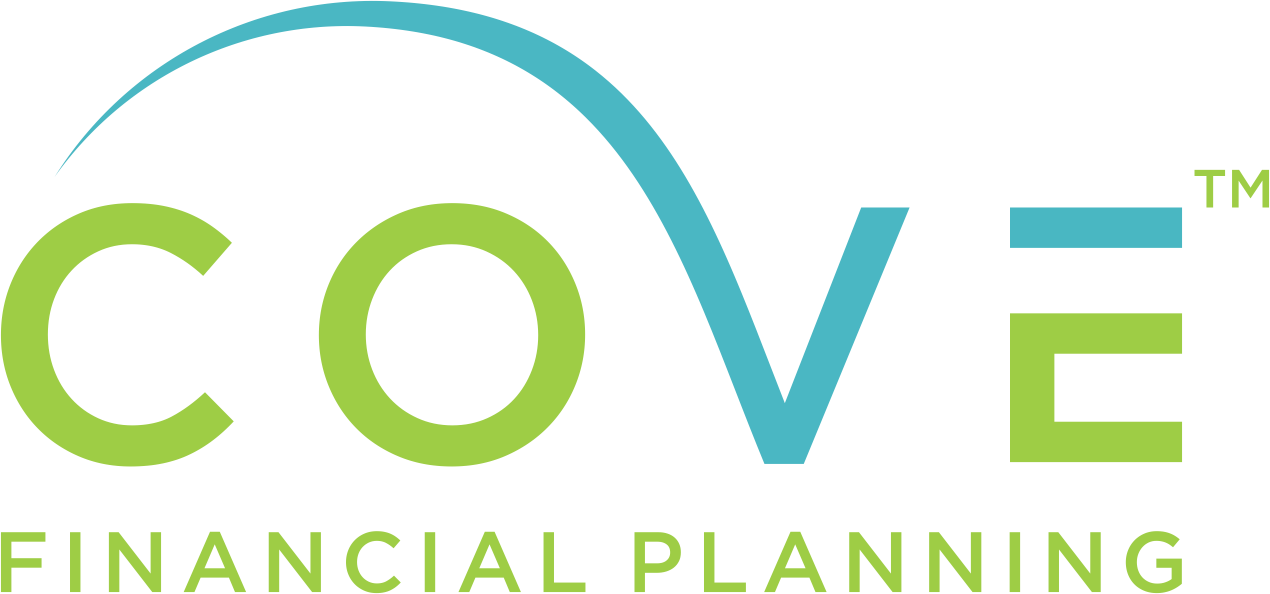How Do Roth Conversions Work?
What if you could invest money into an account—and pay taxes now—and then never pay taxes on it ever again?
This is a real thing, and it’s known as a Roth conversion. In this video, I explain how Roth conversions work, benefits and drawbacks, when to consider them and what to watch out for.
How Roth conversions work
A Roth conversion is a tax-savings strategy in which you take money from your pre-tax or “Traditional” retirement account and transfer (convert) it into an after-tax or “Roth” retirement account.
You can do these conversions in most 401(k), 403(b) or other employer-sponsored retirement plans as well as within your IRAs.
The benefits:
Your after-tax (Roth) retirement accounts grow tax-free and can be withdrawn from tax-free in retirement
This means no taxes on interest/dividend income, capital gains, retirement withdrawals, etc.
Your Roth IRA is not subject to Required Minimum Distributions (RMDs) like your pre-tax (Traditional) 401(k) and IRA
Current RMD rules say that you have to begin withdrawing from your Traditional 401(k)s and IRAs at age 72, and those withdrawals are taxable
Keep in mind, you must also begin taking RMDs from Roth 401(k)s at 72, but you can avoid this by rolling over your Roth 401(k) into a Roth IRA
The drawbacks:
You need to pay ordinary income tax on the amount you convert that year
This process might require some boring paperwork, particularly if done in an employer-sponsored retirement plan
When to consider a Roth conversion:
You expect your income (tax bracket) in retirement to be higher than it is today, such as when…
You’re growing in your career
You have aggressive retirement goals that will require high portfolio withdrawals
You simply think tax rates will generally become higher rather than lower later on
You have a low-income tax year (lower tax bracket) compared with other years, such as when…
Your household moves from two earners to one earner
You take a mini (temporary) retirement or sabbatical
You first enter into full retirement
Down market
If we all agree that the stock market will recover (just as it always has), you may benefit from earning the resulting market growth in your after-tax (Roth) account as opposed to your pre-tax (Traditional) account
You can read more about the benefits of Roth Conversions in a Down Market
What to watch out for
If you’re thinking about a Roth conversion, it’s really important that you know what your Federal tax bracket is and where the next income threshold is before you jump into a new tax bracket.
You can check out your 2022 Federal Income Tax Bracket info here.
Since Roth conversions add to your taxable income for the year you convert, you want to make sure you don’t accidentally breach into a new, higher Federal tax rate by converting too much in any given year.
Do you have questions about Roth conversions? Reach out to me at Ben@coveplanning.com or schedule a free consultation call.
Sign up for Cove’s Build Your Wealth Newsletter to stay informed with the latest personal finance insights!
Ben Smith is a fee-only financial advisor and CERTIFIED FINANCIAL PLANNER™ (CFP®) Professional with offices in Milwaukee, WI, Evanston, IL and Minneapolis, MN, serving clients virtually across the country. Cove Financial Planning provides comprehensive financial planning and investment management services to individuals and families, regardless of location, with a focus on Socially Responsible Investing (SRI).
Ben acts as a fiduciary for his clients. He does not sell financial products or take commissions. Simply put, he sits on your side of the table and always works in your best interest. Learn more how we can help you Do Well While Doing Good!
Disclaimer: This article is provided for general information and illustration purposes only. Nothing contained in the material constitutes tax advice, a recommendation for purchase or sale of any security, or investment advisory services. I encourage you to consult a financial planner, accountant, and/or legal counsel for advice specific to your situation. Reproduction of this material is prohibited without written permission from Ben Smith, and all rights are reserved. Read the full Disclaimer.

